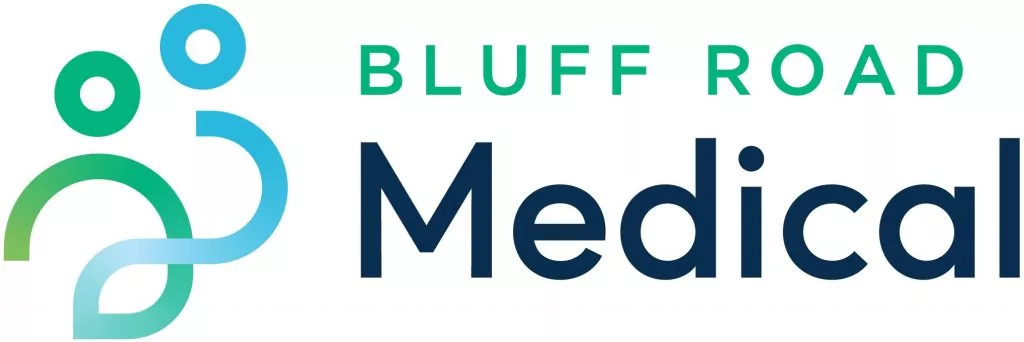Ideas to Help Your Baby Talk
Watching your baby learn how to communicate is one of the most rewarding experiences of being a new parent.
In this article, we share some suggestions for parents wanting to help develop their little one’s communication skills, based on recommendations by Speech Pathology Australia. Read on to discover the indictors of when to seek help.
Talk
- Babies learn to speak by listening, so it’s important to talk to your little one often.
- Speak slowly and clearly, making sure you emphasise words your baby may be interested in.
- Repeat words so that they stick. Repetition is key.
- Be descriptive. Explain to your baby what’s happening around them.
- Acknowledged different sounds and comment on them. It might be an airplane flying in the sky, a bird chirping or a motorbike driving past.
- Remember, it takes two to tango. Pause and listen when your baby tries to speak.
Play
- Babies learn through play, so it’s important to make it a priority every day.
- Help your baby socialise by joining a play group or toy library or by spending time with other children.
- Copy your baby’s actions and sounds and show them new actions and sounds.
- Ensure toys are age-appropriate so that your baby feels confident to explore them and interact. Be sure to include toys that stimulate different senses.
- Sing as you play together. Singing the same words over and over will help your baby to learn language.
Read
- The benefits of reading to children from an early age are well-documented. Make time to read to your baby every day.
- Ensure the have big bright pictures, as babies love these. When you point out what’s in the pictures, babies start to learn the names and will eventually start to imitate them..
- Point out and explain objects as you read.
- Become a library member and select books together with your little one.
Milestones to be mindful of
Before their 1st birthday, most babies:
- Babble or use words
- Watch your face
- Show joy when you reply to their chatter
- Respond when you imitate them
- Recognise familiar voices, sounds and people
- Enjoy books and songs
- Respond to their name and basic instructions like ‘no’
- Participate in action songs.
12 to 18 months: Many babies say their first words
Age 2: They may be able to say up to 50 words and start joining words together
Age 3: They may use 3 or 4-word sentences
Age 4: They may use 4 or 5-word, grammatically correct sentences.
When to see a speech pathologist
- Your 2-year-old child is saying only single words or sounds or is mostly babbling
- Your 3-year-old child is only saying 2-word combinations e.g. “car blue”, “dog woof”, or her speech is not understandable to other adults most of the time
- Your 4-year-old child’s speech contains many sound errors and/or is unclear or has many grammatical errors e.g. “him cutted” or “them boy”
- Your child lacks nonverbal communication, such as eye contact, facial expressions, turn taking and other socially engaging behaviours
- Your child of any age seems to understand less than her peers or has trouble following directions
- Your child’s speech at any age contains long pauses, sounds or words being repeated or sounds being stretched out
- Your child tells you his words are getting stuck, or is frustrated/ distressed when trying to speak
- Your child appears to be frustrated when trying to communicate with you and cannot explain what she wants to express
About our Speech Pathologist, Dr Samantha Turner
Dr Samantha Turner has worked in a variety of clinical settings both in Australia and abroad. She is part of Brenda Carey Speech Pathology, a highly respected and longstanding speech pathology group in Malvern East.
Samantha loves supporting children’s early development and can assess all speech and language concerns. Working in partnership with families, she provides strengths-based care to help children reach their full potential.
Samantha has a special interest in childhood speech disorders, including childhood apraxia of speech and dysarthria, and has spent many years researching these conditions.
Samantha consults at Bluff Road Medical Centre on Tuesdays.
For queries or to make an appointment, please call Brenda Carey Speech Pathology on 9571 5843 or ask Bluff Road Medical reception for one of Dr Turner’s business cards.
